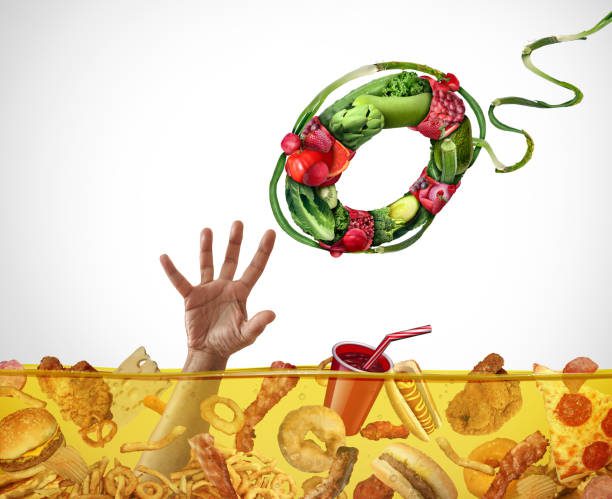This content is for informational and educational purposes only. Always consult a qualified healthcare provider.
Last Updated on November 25, 2025 by Grace Oluchi
The Key Takeaways
- Nutritional disorders result from too little or excess nutrients causing symptoms such as tiredness, weight loss, or hair loss.
- A balanced diet including vegetables, fruits, nuts, seeds, and fish is vital.
- Deficiencies or health conditions may require supplements or specialized nutrition.
📋 Table of Contents
What Are Nutritional Disorders?
Nutrition disorders occur when your body does not get enough, too much, or the wrong types of nutrients from food. Nutrients fuel your body, and imbalances prevent proper growth, development, and bodily functions. Common issues include insufficient food intake, long-term nutrient deficits (vitamins, proteins, minerals), and overnutrition.


Causes Of Nutritional Disorders
- Lifestyle and Eating Habits: Unhealthy, unbalanced diets, processed foods, skipping meals, extreme diets, sedentary behavior, alcohol, smoking impair nutrition.
- Socioeconomic Factors: Limited access or affordability of healthy food increases malnutrition risk.
- Mental Struggles: Stress, anxiety, depression may cause poor eating habits.
- Genetic Conditions: Disorders such as sickle cell anemia, PKU, or cystic fibrosis affect nutrient processing.
- Chronic Diseases: Cancer, Crohn’s disease, and kidney disease can impair absorption and nutrient use.
Symptoms Of A Nutritional Disorder
- Fatigue, dry/frizzy hair, pale skin, swelling, depression, trouble focusing
- Hair loss, weight loss, food obsession, growth delays, irritability
- Muscle wasting, mouth sores, slow healing, rashes, anorexia, infections, dry skin
How Are Nutritional Disorders Treated?
Treatment varies with cause and severity. Many improve with nutritional changes or supplementation (e.g., increasing iron-rich foods for anemia). Severe cases might require medication or tube feeding, but dietary improvements are foundational.
How Can I Prevent Nutritional Disorders?
According to Dr. Thomas A. Borland, diversity in diet is critical—consume leafy greens, colorful fruits and vegetables, nuts, seeds, beans, whole grains, fatty fish, egg yolks, and low-fat dairy. Supplements may be needed for pregnant women or those with malabsorption. Consult professionals for personalized advice.
References
- Frontiers in Nutrition. Assessment of nutritional status in chronic diseases. 2022. https://www.frontiersin.org/journals/nutrition/articles/10.3389/fnut.2025.1662137/full
- PMC. Diagnostic and application guidelines for malnutrition in adult patients. 2025. https://pmc.ncbi.nlm.nih.gov/articles/PMC12490954/
- PMC. Nutrition disorders and related conditions—Prevalence and interventions. 2025. https://pmc.ncbi.nlm.nih.gov/articles/PMC12489919/
- Medical News Today. Malnutrition: Symptoms, causes, diagnosis, and treatment. 2023. https://www.medicalnewstoday.com/articles/179316
- Cleveland Clinic. Malnutrition: Definition, Causes, Symptoms & Treatment. 2025. https://my.clevelandclinic.org/health/diseases/22987-malnutrition
- WHO Fact Sheets – Malnutrition. 2024. https://www.who.int/news-room/fact-sheets/detail/malnutrition

